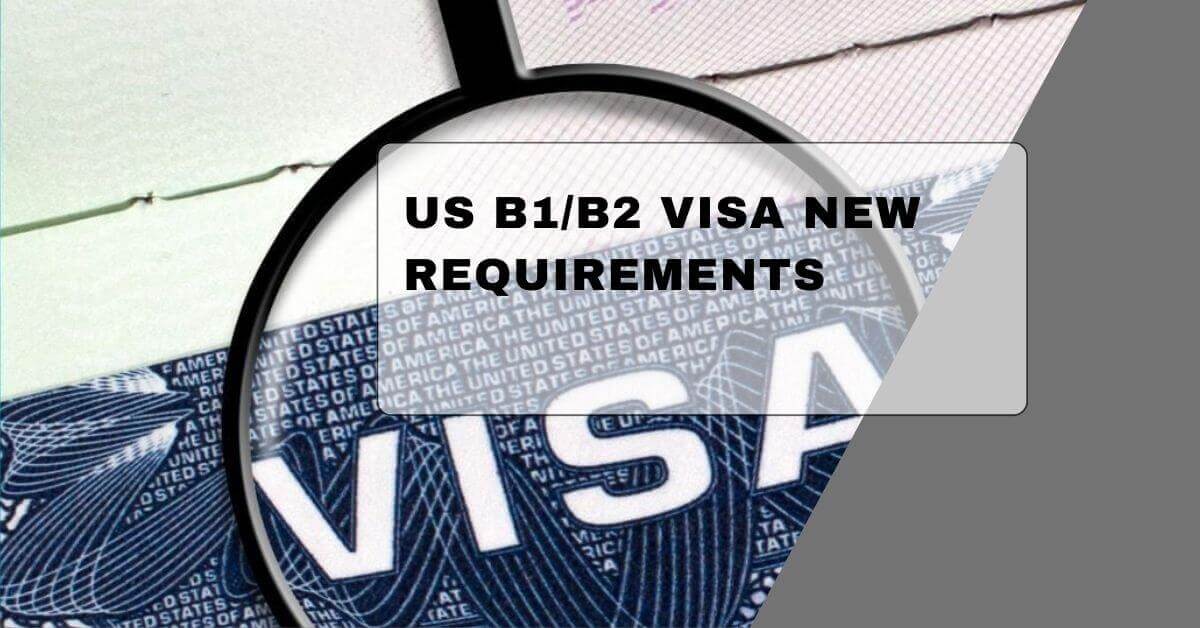If you’re a Filipino green card holder considering U.S. naturalization, you might have heard a common myth: “Once you become a U.S. citizen, you lose your right to own property in the Philippines.”
This misconception keeps many Filipinos from pursuing citizenship. The truth is, you can still own property in the Philippines if you apply for dual citizenship. Here’s how it works and what rights you’ll keep.
Property Rights for Dual Citizens:
The Philippine Dual Citizenship Law (Republic Act No. 9225) allows natural-born Filipinos who acquire another citizenship, such as U.S. citizenship, to retain or re-acquire their Filipino citizenship.
By applying for dual citizenship through the Philippine Embassy or Consulate, you can restore your full rights as a Filipino — including property ownership.
In short: Becoming a U.S. citizen doesn’t mean giving up your property rights in the Philippines, as long as you apply for dual citizenship.
What Property Can Dual Citizens Own?
As a dual citizen, you enjoy the same property rights as any other Filipino. Here’s what the law permits:
For Residential Use
- Urban areas: up to 1,000 sq. meters (about ¼ acre)
- Rural areas: up to 1 hectare (about 2.5 acres)
This is enough for a family home, vacation house, or retirement property.
For Investment Purposes
- Urban areas: up to 5,000 sq. meters
- Rural areas: up to 3 hectares
This opens opportunities for business ventures, farming, or real estate development.
Example: You could buy a condo unit in Metro Manila, keep farmland in your province, or build a vacation home for your family.
Note: If you only keep U.S. citizenship without applying for dual citizenship, you’ll be treated as a foreigner. Foreigners cannot own land in the Philippines but may own condominium units, provided that Filipino ownership in the building remains at least 60%.
Check Also: US Visa Bulletin
Foreign Land and Property Ownership in Philippines:
The Philippines is a popular destination for investors, retirees, and former citizens seeking to reconnect with their roots. However, understanding Philippine property ownership laws is crucial, as there are specific restrictions for foreigners and opportunities for dual citizens and former Filipinos.
Owning Land in the Philippines as a Foreign Citizen:
Generally, owning land in the Philippines as a foreign citizen is not allowed under the 1987 Constitution. Foreigners may own condominium units (up to 40% of a building) or long-term land leases, but direct land ownership is restricted to Filipino citizens and corporations with majority Filipino ownership.

Foreign Property Ownership Restrictions in the Philippines:
Foreign property ownership restrictions in the Philippines prevent direct land acquisition by non-citizens. However, foreigners can:
- Own a condo unit (within the 40% foreign ownership cap)
- Inherit property from a Filipino spouse
- Lease land for up to 50 years (renewable for 25 years)
Land Ownership for Former Filipinos:
One exception allows land ownership for former Filipinos who have acquired foreign citizenship. They may buy land for residential or business purposes within limits set by law (e.g., up to 1,000 sqm of urban land or 1 hectare of rural land).
Philippine Dual Citizenship Act (RA 9225):
The Philippine Dual Citizenship Act (RA 9225) enables former natural-born Filipinos who became citizens of another country to reacquire their Philippine citizenship. By regaining dual citizenship, they regain full property rights, including land ownership without the restrictions imposed on foreigners.
Can U.S. Citizens Inherit Property in the Philippines?
Yes, U.S. citizens can inherit property in the Philippines, but with conditions. While foreigners cannot directly buy land, they can acquire it through hereditary succession (inheritance). However, inherited land may not always be retained long-term, as ownership rules still apply under Philippine law.
Dual Citizenship Property Rights Philippines:
Holders of dual citizenship enjoy full property rights in the Philippines, including land ownership, purchase, and inheritance. This is one of the strongest benefits of reacquiring Filipino citizenship through RA 9225.
How to Apply for Dual Citizenship?
The process is handled by the Philippine Embassy or Consulate in your area.
Steps to Apply:
- Submit an application for dual citizenship.
- Provide documents such as your Philippine birth certificate, U.S. naturalization certificate, and valid IDs.
- Take the Oath of Allegiance to the Republic of the Philippines.
- Receive your Certificate of Retention/Reacquisition of Philippine Citizenship.
Processing Time: Typically 1–3 months.
Fees: Around $50–$100, depending on the consulate.
Once approved, your rights as a Filipino are fully restored — including property ownership, voting rights, and business privileges.
Conclusion:
Becoming a U.S. citizen does not prevent you from owning property in the Philippines if you apply for dual citizenship. Dual citizenship restores your full Filipino rights, including buying, inheriting, and managing land or condos. By keeping your ties to both countries, you can enjoy opportunities in the U.S. while maintaining your property and roots in the Philippines.
Frequently Asked Questions:
-
Can my non-Filipino spouse own property with me?
No, foreign spouses cannot own land directly. However, they may inherit property through succession if you pass away.
-
Can foreigners own condos in the Philippines?
Yes. U.S. citizens and other foreigners may own condominium units, provided Filipino ownership in the building remains at least 60%.
-
Do I need to renew my dual citizenship?
No. Once granted under RA 9225, it is permanent unless you formally renounce it.





